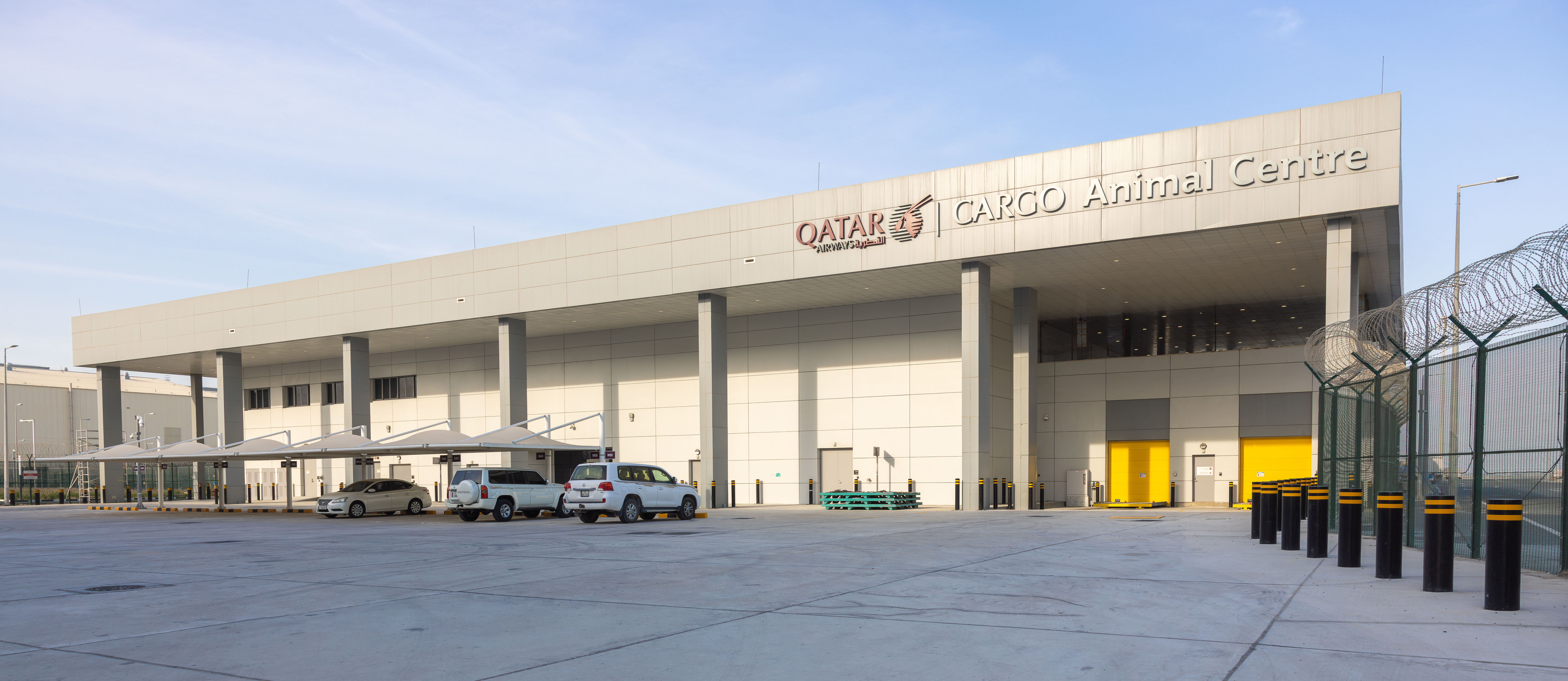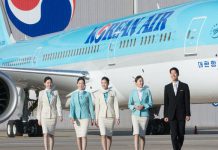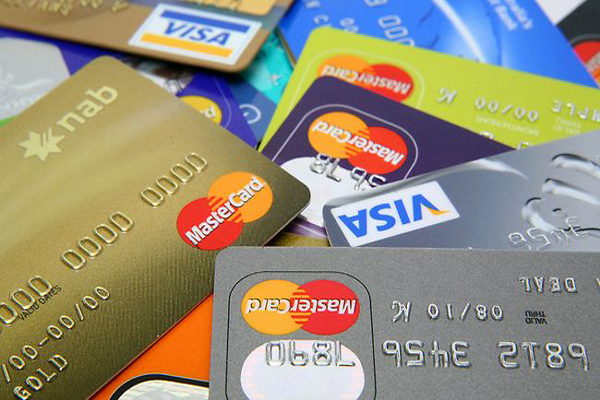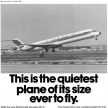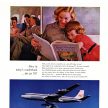Australia’s airlines, which all charge fees for bookings paid for with credit cards, are waiting on a Reserve Bank ruling, expected in May, on what credit card transaction fees they may recover before announcing their response.
However, though consumer groups are celebrating the banning of what they term credit-card “rip-offs”, it’s unlikely the new law will lower air fares, which currently attract credit card fees of up to $A17 per return booking. That’s because airlines – not just in Australia, but around the world – have revolutionised the way they price air fares in the past decade and now depend on “ancillary fees” in the itemisation of air fare components.
Though consumers at first were surly when airlines began charging for components that used to be “free”, like baggage and meals, the number of consumer complaints about such imposts has been falling as market acceptance has grown.
The Competition and Consumer Amendment (Payment Surcharges) Bill 2015, which finally cleared federal parliament in February, now bans credit charge surcharges above the cost of conducting credit card transactions, usually expressed in merchant fees of less than one per cent.
But even the regulator isn’t sure what the airlines’ next move will be.
“It’s going to be fascinating to see how it plays out,” the chairman of the Australian Competition and Consumer Commission, Rod Sims, told Airlineratings.com.
All four major Australian airlines are still advertising options of either paying a hefty surcharge using the customer’s regular credit card or switching to a fee-free credit card nominated by the airline.
“What this covers is in essence a charge you levy for using one payment method rather than another,” Sims says. “So if that’s what you’re doing you’re covered and you can’t charge beyond cost.
“If, on the other hand, you have a charge that says: I don’t care what you payment method you use, I’m charging you a fee for making the booking and it’s so many dollars – if the fee is in that form then they’ve got to disclose it upfront, otherwise they run foul of the component pricing laws.”
Those laws, gazetted in 2009, made changes to the old Trade Practices Act when it became the Competition and Consumer Act, stopping airlines and any other consumer retailer from concealing the full cost of a product, which has to be declared up-front.
The new ban combines with the 2009 component pricing rules to eliminate one of the most complained-about issues for travellers: being ambushed by “gotcha” fees that are not disclosed at the beginning of a transaction.
As Sims explains: “You can’t just say it’s $100 and a couple of web pages later say ‘oh, by the way, I’m charging you a $30 booking fee’. If the fee charged is conditional on the form of payment, then it’s clearly covered. If it’s not conditional on anything, then it’s got to be disclosed up front.”
The ACCC chairman warns: “If people try to be too clever, then we’ll certainly be focusing on that and making that known because the government has the residual power to bring further things under the scope of the act if it wants to.
“If companies are being too cute, they risk getting drawn in by the government anyway.”
Sims says airlines are free to itemise components providing they declare the total cost up-front.
“Now they may judge it’s better in terms of consumer language to split it up, but you could do that provided you disclose it upfront,” Sims says. “If it’s a payment contingent on the form of payment, then what you can charge is strictly limited by this legislation.”
When contacted by Airlineratings.com, both major airline groups have simply reissued past statements in reaction to the new legislation while they await the Reserve Bank ruling on recoverable fees.
“The Virgin Australia Group takes its compliance obligations seriously and will comply with any applicable changes to the law,” a Virgin spokeswoman said.
A spokesman for the Qantas group said: “We recover only around 80 per cent of the cost of the [credit card] transactions and the change that passed [in February] was largely a formality.
“The RBA is still consulting on what exactly the broader changes to the surcharge system will look like and until we have that detail we won’t be making any decisions about our own policy.”
The bottom line, however, that the airlines collectively stand to lose tens or hundreds of millions of dollars if they were to abandon their credit card surcharges, which they now list as a “booking and service fees”.
In fact, most airlines would not be profitable without them.
Global airlines turned over an estimated $US727 billion in 2015 and about $US59 billion of that was ancillary revenue, according to the world’s foremost expert on the subject, the IdeaWorks Company of Milwaukee, Wisconsin, in the US.
The International Air Transport Association estimates the global airline business made just $US36 profit in 2015, in spite of the collapse in the price of jet fuel – its biggest expense that, for a low-cost carrier, could have represented half of its total costs two years ago.
In other words, without surcharging the world’s airlines would have lost about $US23 billion last year.
Meanwhile, in Australia, the cheapest air fares – the so-called “best discount” monitored by the federal Bureau of Infrastructure, Transport and Regional Economics – has fallen by another 15% in the past year and by more than 55% in real terms since monitoring began in 1992.


